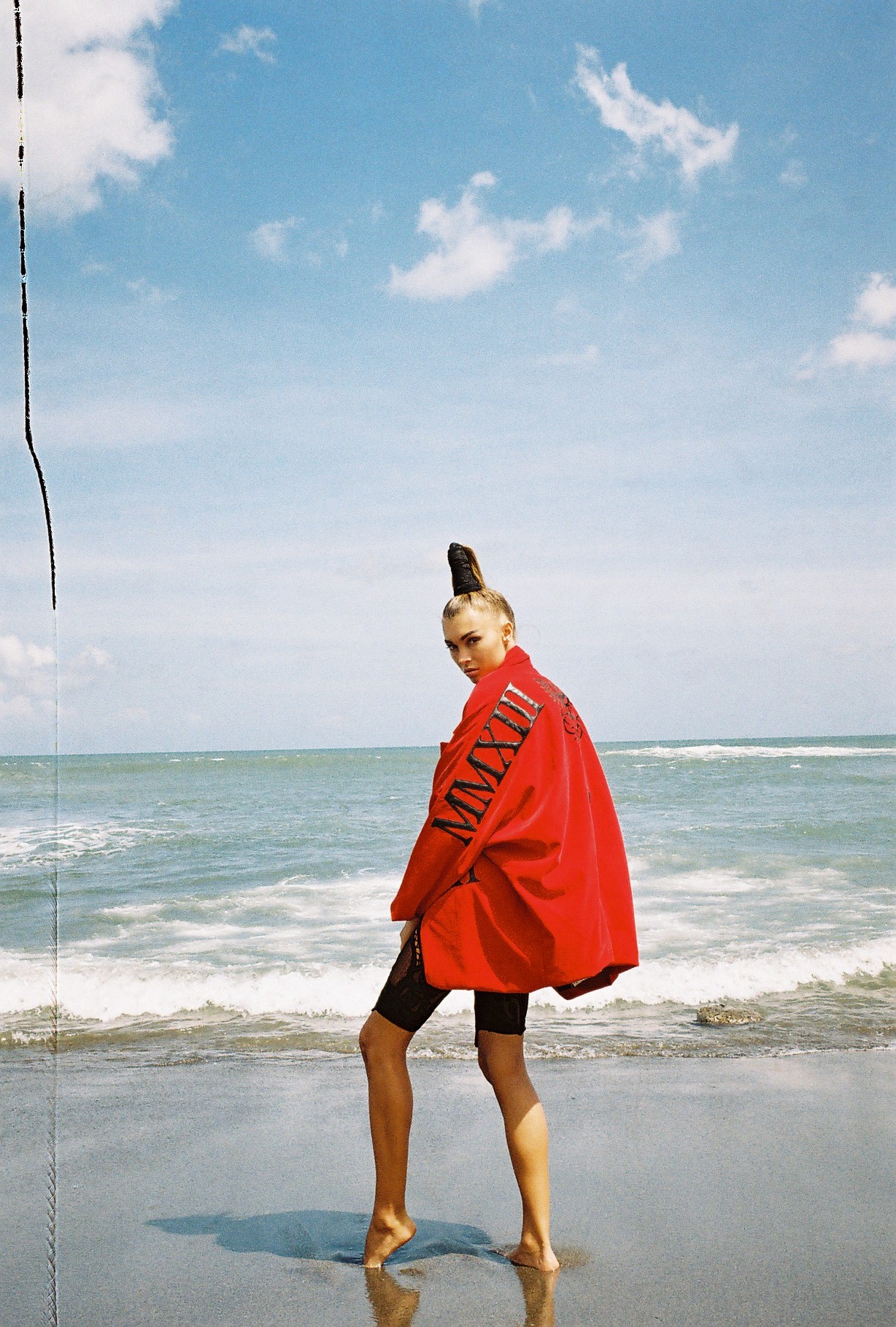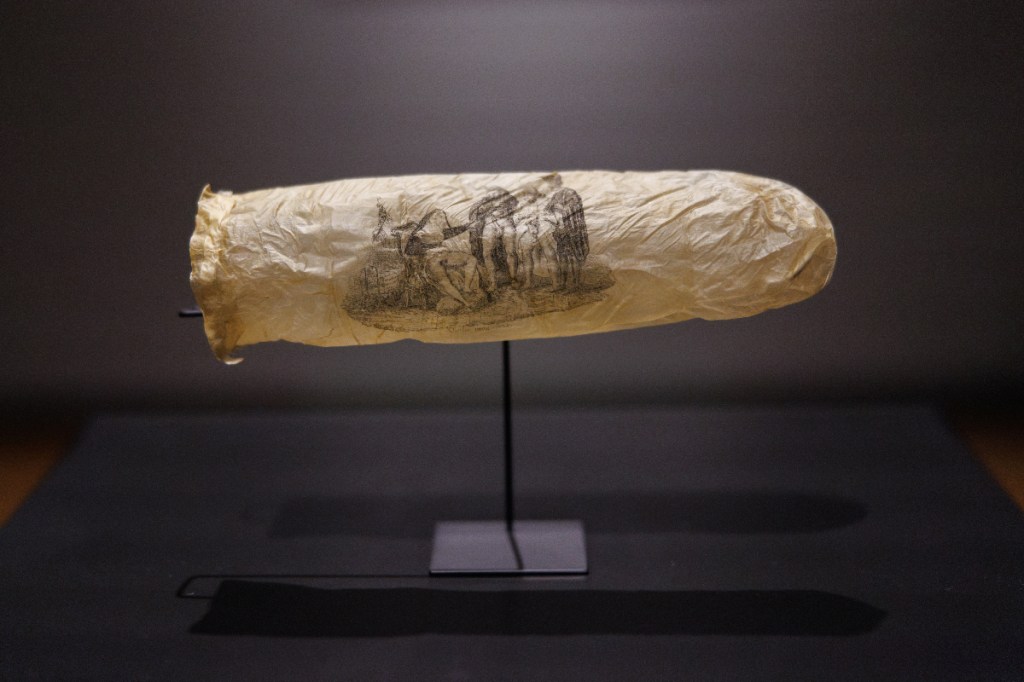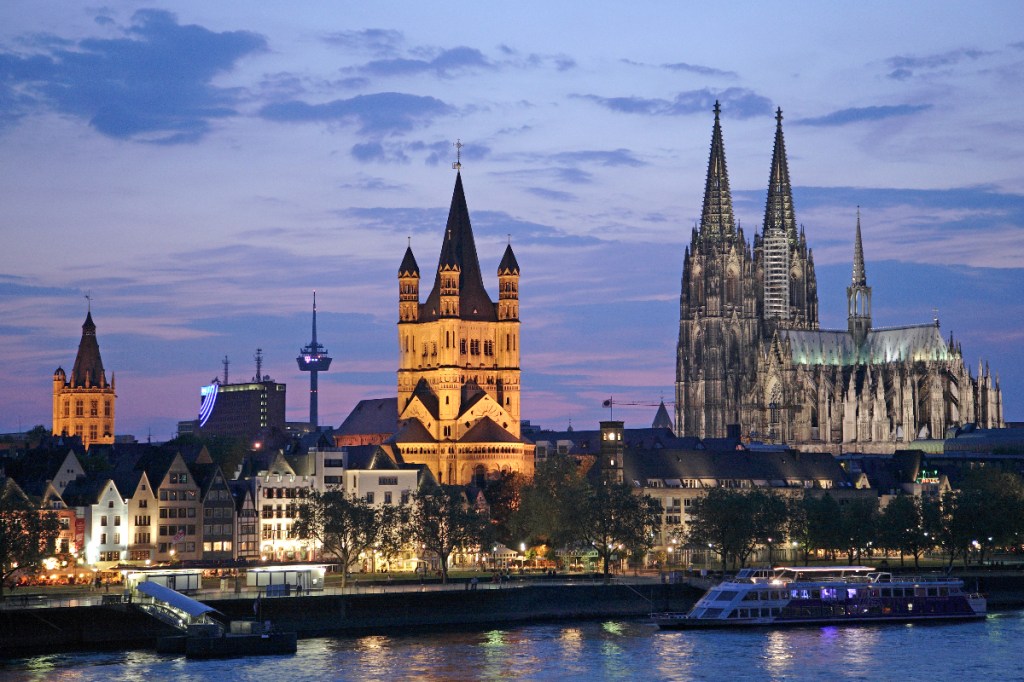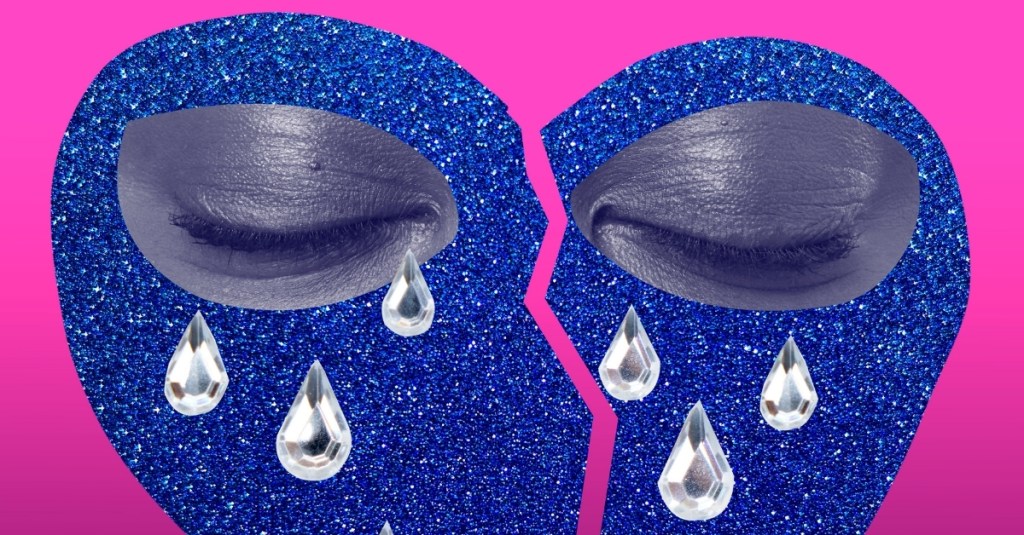There are two ways to describe “pornography” in Indonesia: pornografi, which is, you know, porn, and pornoaksi, which is almost anything “indecent.” Bali-based photographer Angga Pratama has had his work called both.
Angga has been, perhaps unfairly, stereotyped as a man who only photographs nude, or semi-nude young women. It’s a trend these days, with Instagram full of so-called fashion photographers who seem to post photos where the only “fashion” on display is somewhere on the floor. But Angga says he’s so much more than that.
Videos by VICE
This Bandung-born, Holland-raised photographer captures Bali as it is, and as it was. The island, a paradise to some, has gone through some rapid changes. Angga’s old neighborhood of Canggu, once a rural, laid-back beach town, is now on the bleeding edge of the island’s development. Rice paddies are luxury villas, pricey restaurants, or packed bars. It went from a surf town to a gentrified hipster’s paradise in the span of a few years.
The island’s changing face is something that Angga spends a lot of time thinking about. In many ways, Bali is the last resort for a photographer like Angga. The island’s looser social mores, and Hindu culture, affords him more freedom to express himself without fear of offending the conservative norms found elsewhere in Indonesia. It’s enough to leave a man feeling trapped, but Angga says he’s not loosing sleep over it. Change happens, whether you like it or not.
VICE Indonesia’s Renaldo Gabriel spoke with Angga about the new Canggu, his devotion to 35mm film, and how he continues to produce without angering the censors.

All photos by Angga Pratama
VICE Indonesia: How do you feel about people saying that you’re like a young Terry Richardson?
Angga Pratama: No go, why? Because I shoot women? That’s it? [Laughs] Our work doesn’t look alike. People think that because there’s a chick here, then it’s like Terry Richardson. It’s not.
How about, how would you describe your work?
I’d like to think that it’s organic and unpolished. As real as it can be, but everything gets distorted anyway, because when you see an image or a photograph you’ll see it somewhat distorted from reality. I like to have my work as it-is—like if I took a photo of something that is already distorted—because you want the image to be different from the real thing.
What’s the reasoning behind sticking to film?
I still use like digital, sometimes, but mostly for videos, not really for photography. I really just don’t like the feel of digital photos. It’s a matter of taste. Some people like BMW, some people like Mercedes. Some people like analog, some people like digital. It’s not better or worse, whatever.
So what are the challenges of working with film?
I feel that people have been trying to really own that term, and I try to stay away from that because if the work is good it doesn’t matter if it’s digital or analog.
It’s also a little bit more work, and a little bit more money. That’s the main challenge, because film isn’t cheap, developing isn’t cheap, because you need hi-res as well. If you work with digital, you can shoot and look, but when you shoot with analog, you don’t get the chance to look, you just need to focus on what you’re shooting and that’s one of the main reasons why I like shooting on analog.

How would you describe the main strengths of your work?
I think it’s not so much about that I shoot on film, it’s more on the result of the image. As I said before, it doesn’t matter if you shoot with your phone, digital camera, or analog, it’s the end result that matters. If it’s good for you, it’s good. Right? I really think you need to believe in your own work, if you feel like it’s shit, how do you convince people to find it good? But if you think it’s good, and other people think say its shit, that doesn’t matter. If you believe in it, then it’s good for you.
A lot of people have called your work risqué or controversial because you shoot a lot of nudes.
I guess that’s why I chose Bali, instead of Jakarta, because I feel that in Bali you can be more free in that way, more open to ideas like nudity. But I still censor my work to a degree. When I was still shooting in Holland, I was like whatever, but here its more taboo to shoot more of my personal stuff. But I did this shoot for this German magazine, Tissue, which I did at Biasa gallery, which was full nude, and it became one of the big stories for that magazine. It also says a lot about art in Indonesia, so I was proud to bring Indonesia there. Because if you think about most public opinion in Indonesia, ‘Oh it’s the biggest Muslim country in the world, oh its so conservative,’ and it is, but to have an article out there showing that it isn’t too. That made me feel good.
How do you deal with the backlash, in regards to censorship?
You flow with it. You can’t really fight it. There’s no point.
Are you doing anything to combat that?
At first, yeah or course. But not now, not anymore. I do what is proper here. My first ever publication in Indonesia, was when I was still living in Holland. This magazine hit me up to do a shoot. It was called ‘Teenage Naughtiness.’ I shot it, gave it back, they said they liked it, and they were going to print it. But just as they were printing it, the Editor-in-Chief, I guess, said it was too much for Indonesia, so they like censored it, but my name was still on that magazine, but not my shoot, because they didn’t change the index, they only removed the shoot. So I think people actually want it, but they still think it’s still Indonesia, they can get into a lot of trouble. I understand that, but sometimes its just annoying. I mean, it is what it is.
This whole censorship thing, do you think its necessary?
Nah, I don’t think it’s necessary. Because, here it’s all about image. It’s like, ‘I’m very Muslim,’ but it’s hypocrisy, because they drink as well and they eat pork, but a little bit of nudity and they’re like, ‘whoa,’ you cannot handle it, why?

What else are you doing besides work for clients?
Nothing man. [Laughs]
Come on, you gotta give me something man..
Literally nothing. [Laughs]. Because I used to go out do fucking everything, surfing every day, but nowadays I just chill, play with my dog, go to the beach.
So what turned you off from all of that?
All of this is about me getting getting busier and busier. I used to live in Canggu. It was so nice and quiet, so different than Seminyak. But it’s like Seminyak right now. It’s a mixed feeling really. Obviously it’s better for the economy of the people here, but on the other hand it became so busy with tourists, and more expats, it’s so crazy now. Restaurants, accommodations, and villas are popping up every day. Driving by, I always see something new, and I live ten minutes away from it. It’s kind of ruined in a way. [Laughs]
Why?
Because it’s not Canggu anymore. But it is what it is. It used to be a very chill place, nobody there, rice paddies. It’s not like that anymore.
What’s the biggest difference now?
It’s not only that the island has changed so much; I think I’ve changed as well. Because when you first get here, you’re so stoked about everything, also it was my dream to work back in Indonesia. But after a while, it was… [sighs].
Did it have any effect on your work?
Yeah, I did less work. [Laughs] But, for real, there’s less inspiration. Everything has changed, the island, me, the scene.

Self portrait
What are your thoughts on the current scene of Bali? Obviously there are a lot of subcultures, and as a photographer you’ve been documenting that.
Right now? I don’t know man; I don’t go out anymore. It’s just bigger, and busier. It’s still interesting; you almost meet new people all the time. It’s progressive, but it’s also community oriented, everyone kind of goes in groups. It’s always groups, the half-Indonesian kids, the punk kids, and the hipsters.
You seem kind of, like you said before this, jaded…
Yeah that’s it. I try to get out of that. But I keep experimenting; if you want try something, you just have to do it. You always try to evolve and make something new. But you don’t focus on changing, it will happen gradually, like ‘I need to change my style,’ nah it’s not like that.
What was the last thing that inspired you?
It was actually a painting. It was like from one of those cheap spas. They had this painting of a Balinese girl, from back in the day. It was so beautiful. That’s the thing, I can’t explain it; it’s how I feel about art or images, it’s always hard to defend it, ‘why is it good’?

Do you feel that your pictures are objectifying these women?
Not so much, as just showing ass and titties. I actually don’t like that kind of vulgar tone.
You ever get in trouble because of your work or anything like that?
I get comments, but never in trouble. I did this shoot, with this magazine, it was about the usage of women in prostitution and about how they keep getting younger and younger, and I shot this beautiful girl with this super fucked up dirty looking person, going into a room. So, they kind of misinterpreted that, they said, ‘what are you doing, this is not cool,’ but they didn’t read the article. It was basically what they were mad about. So they just saw the image and thought I was glamorizing it, but I was doing the exact opposite of it.
What’s the biggest misconception about your work?
That I only shoot nude women, that’s the biggest misconception of them all. I shoot whatever.
How has your work evolved through time?
It’s just what I shot back then and what I shoot now is a bit different, but I have been using the same gear and techniques for quite a while now, so I think the aesthetic has always been the same. I used to always make it clear that I shoot on film. But I don’t really do that anymore, I’d like for my work to speak for itself.

A shoot for The Yak Magazine

A shoot for KuBan
More
From VICE
-

Photo by Rijksmuseum/Kelly Schenk -

Photo by Tibor Bognar via Getty Images -

De'Longhi Dedica Duo – Credit: De'Longhi -

We Are/Getty Images
